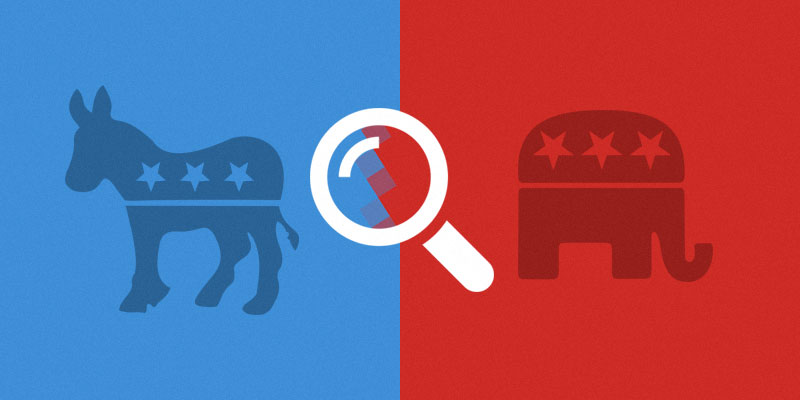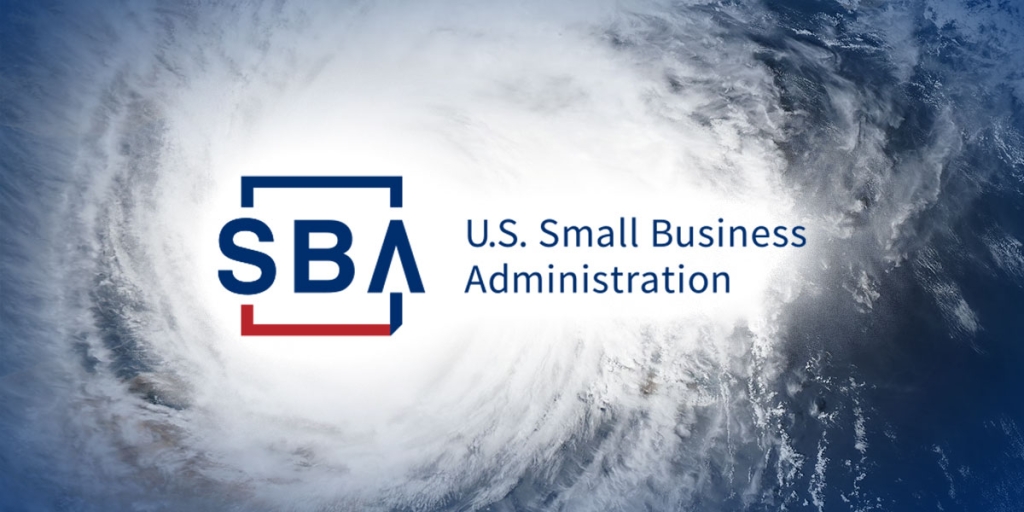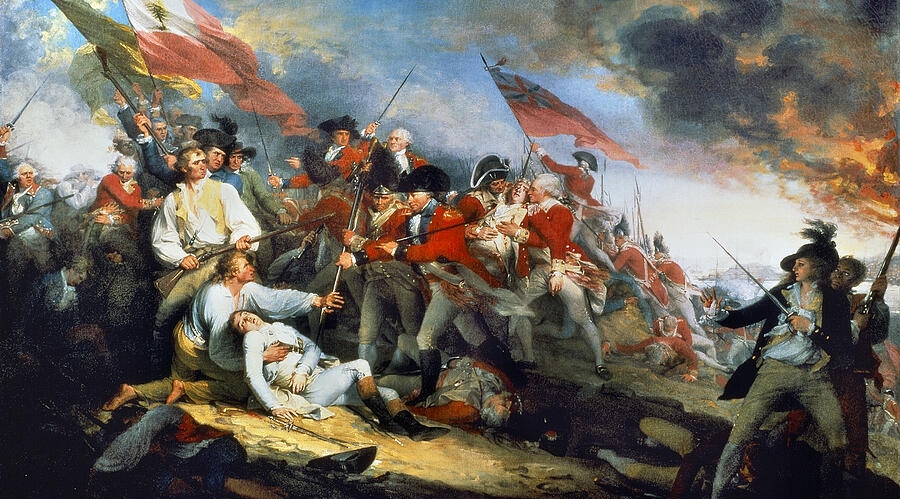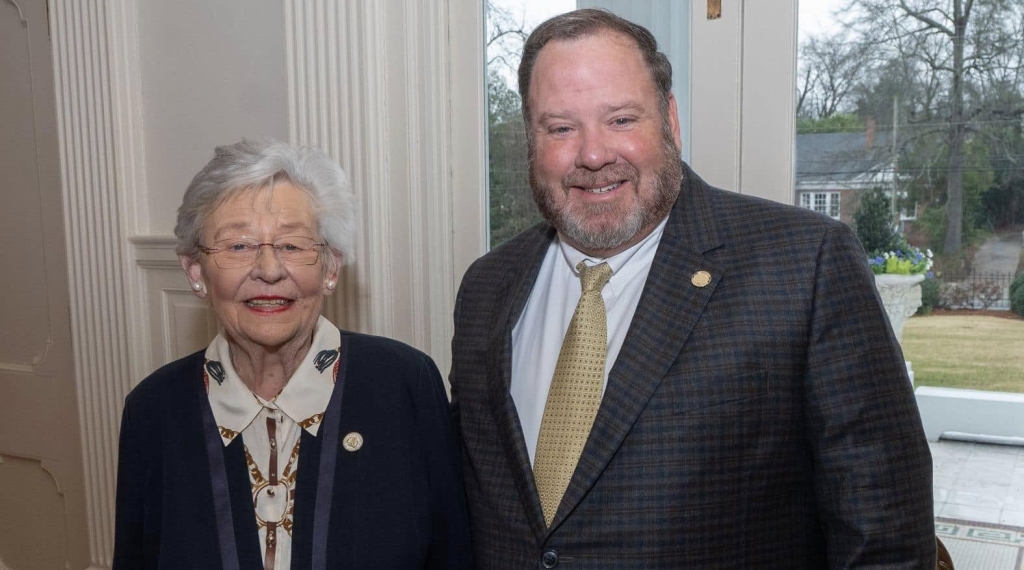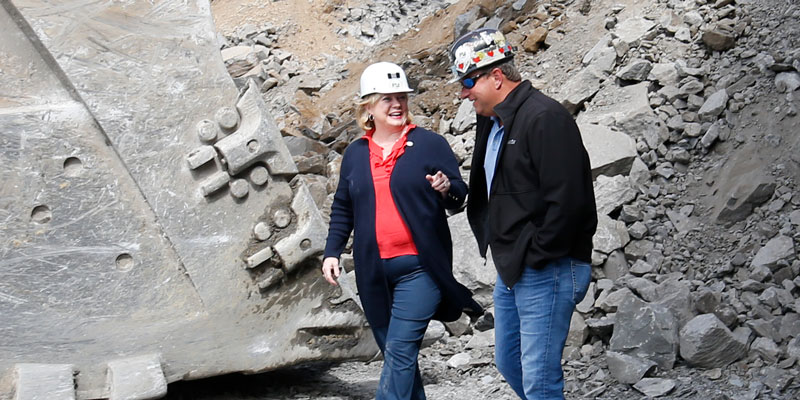This is my 28th year in politics, and I have seen firsthand that with every election cycle, opposition research becomes a more valuable tool used in political campaigns.
Many people had never heard of “Oppo” or were even aware that campaigns aggressively looked for information on their opponents until the Trump Dossier complied by Fusion GPS was released. The Trump Dossier was not a credible opposition research project whether you support Trump or not, simply because in true opposition research projects, everything listed in the report must have documentation.
The two major political parties in Alabama have gotten further apart in their policies, however, during their respective party primary elections, the candidates of both parties are very closely aligned with each other. If there are eight Republican candidates vying for the same office and you read each of their policy proposals without their picture or name attached, you would find it almost impossible to distinguish between each of them. So how do candidates separate themselves from their opponents in their own party when they basically agree on many issues? They have oppo done.
Opposition research is a process of learning all you can about your political opponent by using complex research skills and tactics. This goes way beyond a basic Google search. Knowing all you can about their background, associations, their record if they have held office before, and what they have said in the past, are some of the areas covered. Once the mountain of information has been gathered over weeks and many times months of searching on site, having the experience to know what can and can’t be used, how to write it into an easy-to-read report and how to use the information effectively are the keys to success.
One area that can be difficult for a candidate and their campaign to combat successfully is to defend themselves against attacks from the opposition. To defend yourself sounds easy in theory, but when it is coming at you from many angles at once; it can bring any campaign to their knees literally overnight. However, there is a part of opposition research that effectively lowers the chances that these attacks can damage a campaign. It’s called vulnerability research.
Vulnerability research allows an opposition research consultant to find where their own candidate would be vulnerable to attacks from the opponent by doing research on them. It is not smart for a candidate to depend on their own memory regarding their history as answering a charge even slightly different than they have in the past can bring accusations of lying from the opponent. Vulnerability research shows the candidate what they said and did in the past in their public and private life, so this problem can be avoided many times. Responding to political attacks must be done swiftly and strongly within a few hours or the attack gets baked in whether it is true or not. Vulnerability research needs to be done as early as possible in the campaign. This helps to neuter attacks by bringing possible problems up many times months in advance so the campaign can write replies to all possible attacks. This allows them to be able to answer when any attack comes immediately with a clear, concise, and consistent response.
Opposition research didn’t become defined as a highly skilled practice that was routinely done until after Republican political consultant Lee Atwater of South Carolina perfected the craft in modern-day politics in 1980. Atwater’s opposition research successes took him from South Carolina all the way to the Reagan White House. However, critics would claim that Atwater put the “dirt” in politics due to his aggressive opposition research tactics. Atwater was a brilliant consultant who believed that the public had a right to know about the candidates’ backgrounds, and yes, their skeletons.
Political campaigns have general consultants, campaign managers, media consultants, social media directors, field directors, volunteer organizers, fundraiser and these are all high profile positions where they interact with the public and media outlets during the course of a long campaign to the point of being on a first-name basis. The one person on a campaign who stays in the shadows is the opposition researcher. Few campaigns will admit that they do oppo because of the negative stigma of “digging for dirt,” but all of the winning ones hire an opposition researcher.
An opposition researcher has to have a certain mindset in order to be successful. One must enjoy working alone, be extremely detail orientated, have excellent research skills, and be driven to find the truth. You have to check your ego at the door because you are never acknowledged for your work in the public arena. It is like you don’t exist. You must be able to travel as being on the road three-hundred days a year is not uncommon. This isn’t a political career where you sit at a desk and take phone calls. You also must be able to take care of yourself physically as there are times where you will come in contact with supporters or employees of the opposition who don’t like the fact that you are looking into their candidate. They will verbally try to intimidate and physically threaten you. The mentality that the opposition researcher has to have is that what you find can change the course of history because one small bit of information many times can be the difference between a candidate winning or losing.
One example I will mention was for a large statewide Alabama campaign many years ago that had two very strong candidates in their party’s primary headed for a possible runoff. Both candidates were well funded, well liked within the party structure, had very low negative polling numbers and both were extremely qualified for the job. About two months out from the voters heading to the polls, both of these candidates were polling in the low 40s and in every imaginable head-to-head match up, they basically were even. One campaign was looking for an edge and I got the call. At that time no-bid contracts were a hot topic and both candidates had held office before and were campaigning aggressively against no-bid contracts. During my work, I found that our opponent previously had taken part in no-bid contracts on the giving as well as the receiving end. That one piece of oppo showed hypocrisy on his part and our campaign released the information to the public. In a 10-day stretch after the information was released, the polling went from roughly 41%-41% to 50% to 30%. We ended up easily winning the election without a runoff due to one piece of research.
Opposition and vulnerability research projects are effective with any size campaign. The first project I ever did was for a small town mayor in north Alabama which evolved into over one hundred political races to campaigns for president of the United States. I served as former Arkansas Governor Mike Huckabee’s director of Research and Rapid Response and ran the War Room on both of his presidential campaigns in 2008 and 2016, so there isn’t a campaign too big or small that can’t benefit from oppo.
The effect and successes of opposition and vulnerability research projects have spread from political campaigns to other areas. PACs, associations, 501c(3) groups, state governments and business organizations have opposition researchers complete projects because all of them at some point have a need for personalized research in a political or even a non-political setting.
One thing that all campaigns regardless of their size or party affiliation will agree upon is that information is empowering and is the catalyst for success.
Brad Presnall is a veteran Alabama-based political opposition and vulnerability research consultant. He can be contacted at [email protected].




